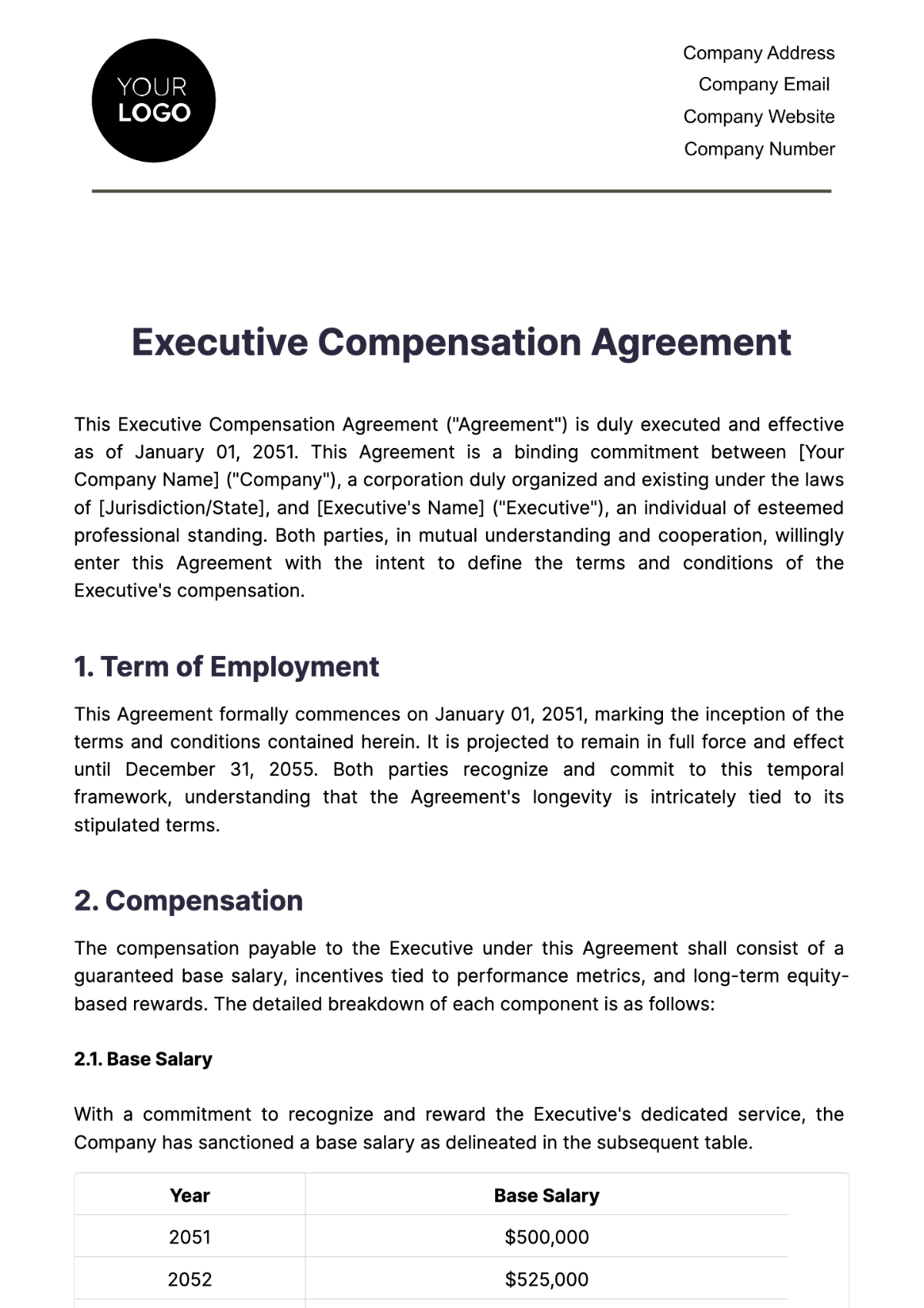The Role Of Kartel In Shaping Rum Culture: A Stabroek News Perspective

Table of Contents
Kartel's Influence on Rum Production
Control of Resources & Supply Chains
Kartel's influence on Guyanese rum production is undeniable. Their control over key aspects of the supply chain, ranging from sugarcane plantations to distilleries and distribution networks, has profoundly shaped the industry. This control has manifested in several ways:
- Impact on small farmers: Many smaller sugarcane farmers have been forced to sell their produce at prices dictated by Kartel, limiting their profits and hindering their ability to compete. This has led to consolidation of power within the industry, diminishing the role of independent producers.
- Control of pricing: Kartel's control over the supply chain has allowed them to manipulate rum prices, impacting both consumers and businesses. This control can suppress competition and inflate prices for the end consumer.
- Restriction of competition: By controlling key resources and distribution channels, Kartel has effectively limited the ability of other rum producers to enter the market, stifling innovation and competition. This dominance creates a less dynamic and potentially less efficient market.
Innovation and Brand Development
While often associated with negative impacts, Kartel's involvement has also, in some instances, spurred innovation within the Guyanese rum industry.
- New distillation techniques: In a bid to improve efficiency or create unique products, Kartel may have invested in – or forced the adoption of – new distillation techniques. This could lead to higher quality rum or new varieties hitting the market.
- Unique branding strategies: Kartel's marketing might have shaped the branding and image of certain rum brands, creating a distinct market identity, though often associated with controversy.
- Expansion into new markets: Kartel's reach might have facilitated the expansion of Guyanese rum into international markets, boosting the profile of Guyanese rum globally, despite ethical concerns associated with their methods.
Kartel's Impact on Rum Consumption & Culture
Shaping Drinking Habits and Rituals
Kartel's influence extends beyond production to the very culture of rum consumption in Guyana.
- Sponsorship of events: The sponsorship of cultural events and social gatherings by entities linked to Kartel can deeply embed rum into the fabric of celebrations and social interactions.
- Association with specific social groups: The marketing and distribution strategies employed by Kartel have often shaped the association of certain rum brands with particular social classes or demographics, contributing to the social meaning and symbolism of rum consumption.
- Influence on marketing and advertising: Kartel’s influence on advertising and promotion, often circumventing traditional media, has likely helped shape drinking habits and perceptions related to specific brands.
The Rum Culture Narrative and Mythology
Stories and myths have grown around Kartel's involvement in the rum industry, becoming intertwined with the wider rum culture narrative.
- Legends and folklore surrounding Kartel and rum: Rumored connections between Kartel and prominent figures in Guyanese history or folklore contribute to the mystique surrounding certain brands.
- Representation in popular culture: The influence of Kartel may be reflected in movies, music, and literature, shaping perceptions and solidifying certain narratives about rum consumption.
- Impact on tourism: The controversial history associated with Kartel’s involvement in the rum industry may, ironically, be a factor in attracting tourists interested in the more sensational and "underworld" aspects of rum culture.
The Socioeconomic Implications of Kartel's Role
Economic Impact on Communities
The economic effects of Kartel's activities are complex and often contradictory.
- Employment opportunities: Kartel's involvement has, in some cases, created employment opportunities within the rum industry, providing jobs for local communities.
- Income distribution: However, the distribution of this income is often uneven, with wealth concentrated at the top while many workers face exploitative conditions. This imbalance can exacerbate existing economic inequalities.
- Impact on local businesses: The dominance of Kartel has arguably negatively impacted smaller, independent rum producers and businesses that lack the resources to compete.
Legal and Ethical Considerations
Kartel's operations within the Guyanese rum industry raise significant legal and ethical concerns.
- Tax evasion: The illicit activities associated with Kartel may involve substantial tax evasion, depriving the government of crucial revenue.
- Money laundering: The rum industry can be used as a vehicle for money laundering, exacerbating the challenges faced by law enforcement agencies.
- Violation of labor laws: The exploitation of workers within the supply chain, including issues such as low wages and unsafe working conditions, presents significant ethical and legal problems.
Conclusion
This examination of Kartel’s impact on rum culture reveals a complex interplay of economic forces, social influences, and cultural narratives. While Kartel's involvement may have stimulated innovation and economic growth in certain aspects, its methods raise serious questions regarding ethical conduct, community well-being, and the long-term sustainability of the rum industry. Understanding this multifaceted relationship is crucial for policymakers, businesses, and consumers alike. Further research and open dialogue are needed to ensure a thriving and responsible rum culture that benefits all stakeholders. To learn more about the complex history of Kartel Rum and its impact on the region, continue exploring relevant resources and articles from Stabroek News.

Featured Posts
-
 Growth Markets A National Map Of Promising Business Locations
May 22, 2025
Growth Markets A National Map Of Promising Business Locations
May 22, 2025 -
 Tuesdays Core Weave Inc Crwv Stock Rally A Detailed Analysis
May 22, 2025
Tuesdays Core Weave Inc Crwv Stock Rally A Detailed Analysis
May 22, 2025 -
 Bp Executive Compensation A 31 Reduction In Ceo Pay
May 22, 2025
Bp Executive Compensation A 31 Reduction In Ceo Pay
May 22, 2025 -
 Core Weave Crwv Stock Decline Thursday Analysis Of The Price Fall
May 22, 2025
Core Weave Crwv Stock Decline Thursday Analysis Of The Price Fall
May 22, 2025 -
 Puede Javier Baez Demostrar Su Salud Y Productividad
May 22, 2025
Puede Javier Baez Demostrar Su Salud Y Productividad
May 22, 2025
